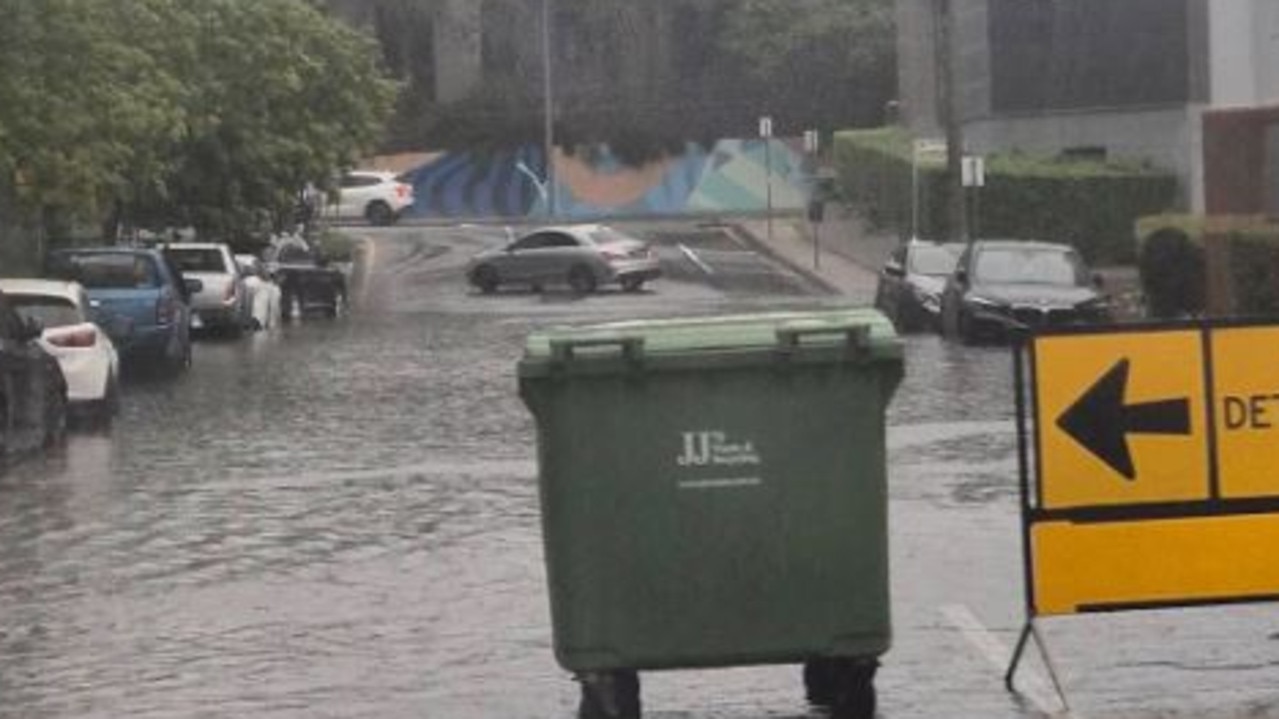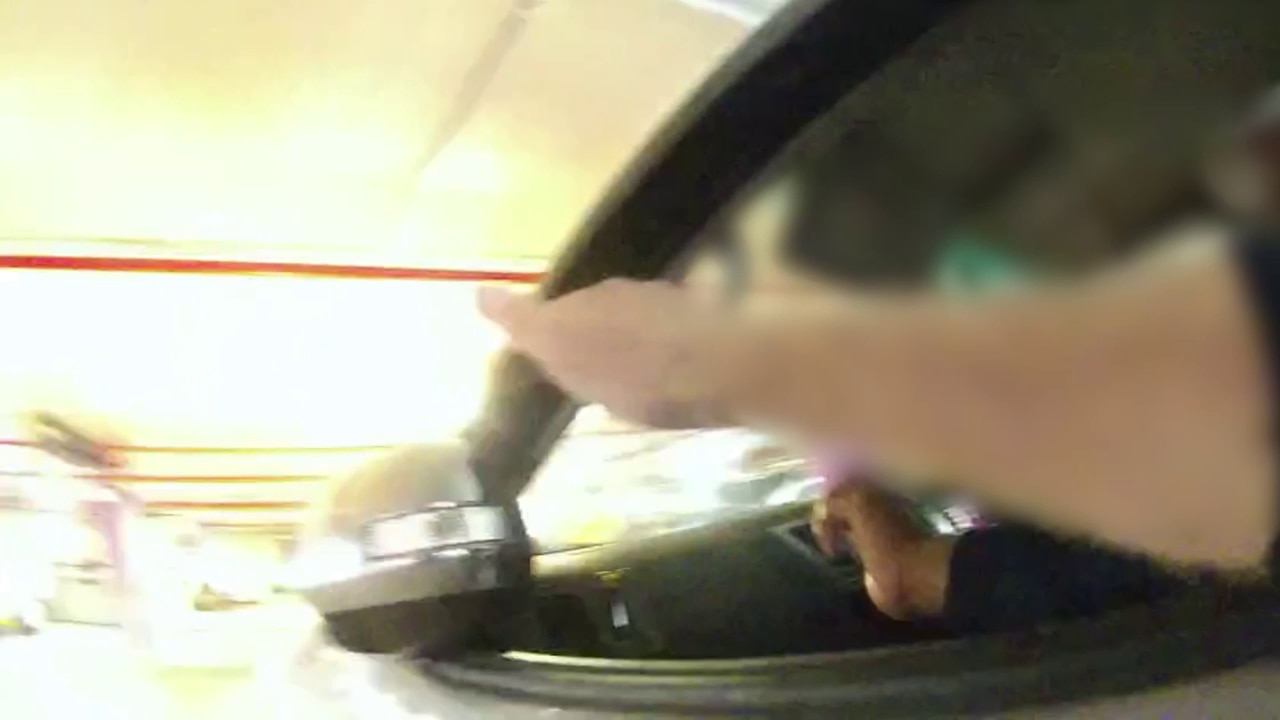Pine St squatters face inevitable Supreme Court eviction
Squatters occupying government-purchased flood buyback homes in Lismore are facing inevitable eviction as the state government pursues a writ of possession in the Supreme Court.
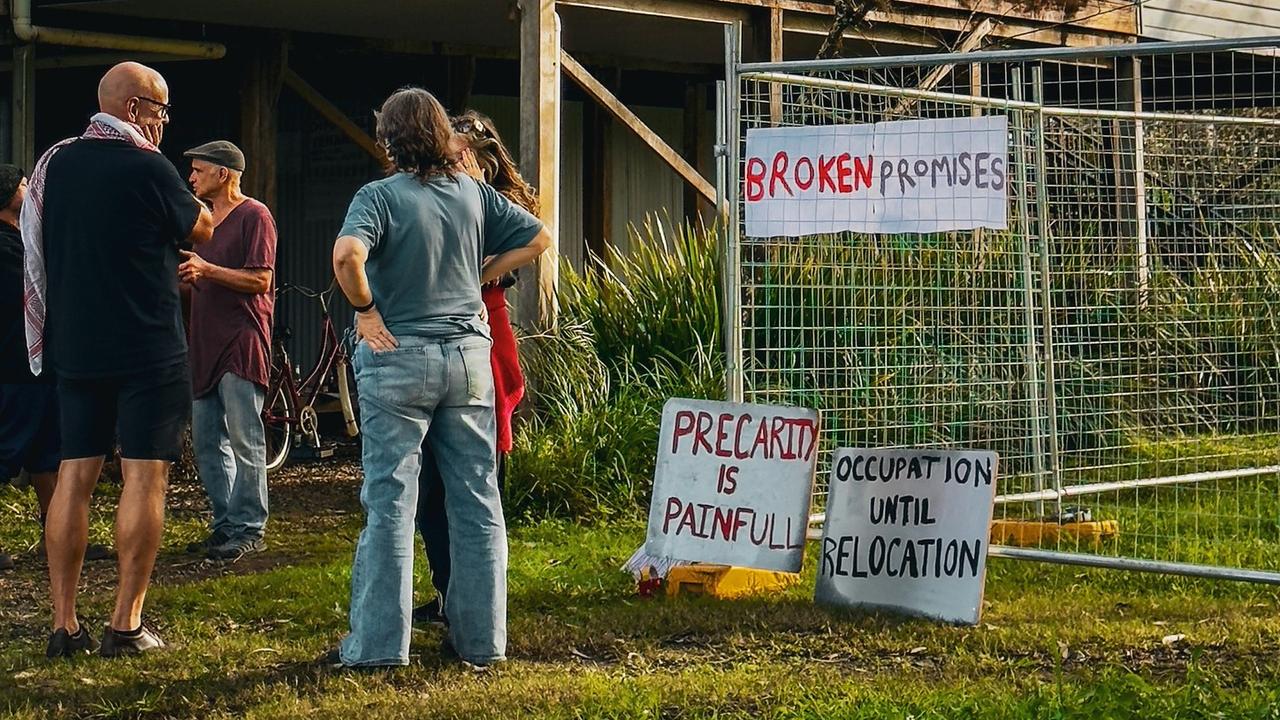
News
Don't miss out on the headlines from News. Followed categories will be added to My News.
Squatters occupying government-purchased flood buyback homes in Lismore are facing inevitable eviction as the state government pursues a writ of possession in the Supreme Court.
However, law academic Aiden Ricketts said an occupier is not a trespasser, and called for the Lismore community to stop the rhetoric about the ongoing situation in Pine Street and wait for the Supreme Court’s adjudication of the property dispute.
“The current application by the reconstruction authority (RA) is addressed to unnamed persons and this is one of the advantages of the writ of possession application for the RA,” he told this publication.
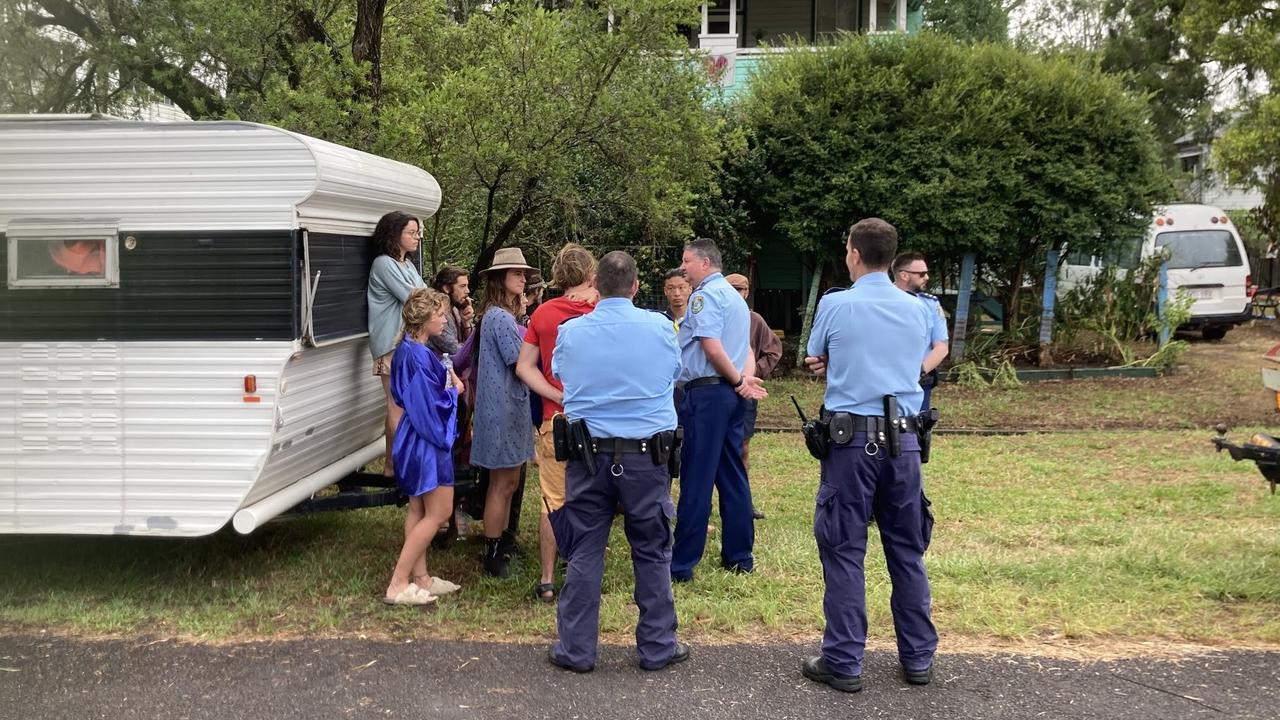
“Rather than needing to be addressed to a specific occupier (who might keep changing) the application applies to the premises themselves and simply seeks an order to take possession against anyone resisting that possession.
“This has always been the proper channel for the New South Wales government to choose to resolve its dispute with the Pine Street squatters, once the government chose to reject the option of either licensing or at least ignoring it and tolerating the community.
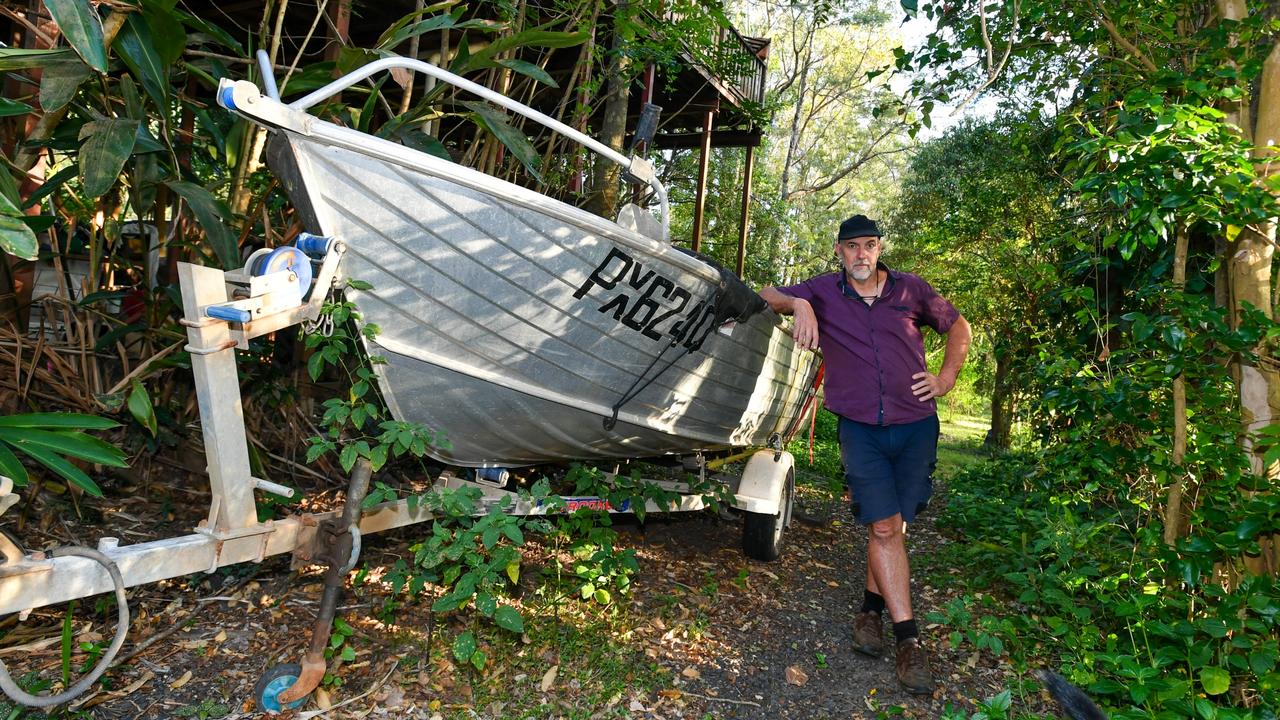
“What we need to understand about homelessness is that homelessness is migratory.”
He said the Reconstruction Authority (RA) gaining vacant possession was an important part of the buyback process and the RA did it to shield themselves from liability.
“But we’ve had 600 houses bought back so that’s 600 houses that are no longer housing people in the Northern Rivers, where there’s already a housing problem.”
In nearby Byron Shire, it is once again is topping the rough sleepers count across the state.
Dr Chris Martin, a UNSW Scientia Senior Research Fellow, said Australia recognizes adequate housing as a human right under international law, yet neither the federal nor NSW governments have implemented laws to enforce this right.
“This lack of legislation means there are no legal protections for individuals at risk of losing their housing or guarantees for housing assistance,” Dr Martin said.
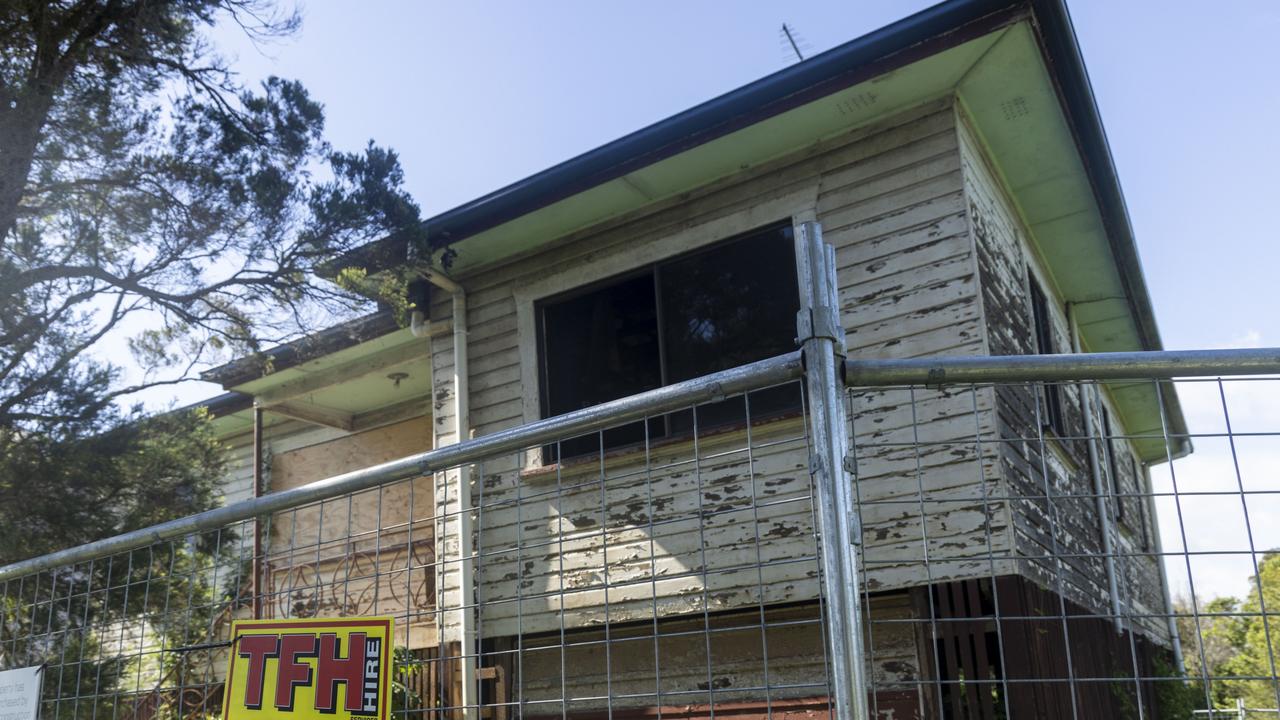
New South Wales’ housing assistance systems, including social housing and crisis accommodation, lack strong legal rights, as they are governed by policies that can be changed at the discretion of ministers and agencies.
The appeals process is weak, with the Housing Appeals Committee unable to make binding decisions, and it’s unclear if non-government provider decisions can be reviewed by courts.
This contrasts with the stronger legal rights and review processes in the social security and NDIS systems.
Dr Martin said the NSW Government should strengthen legal frameworks to ensure better protection and support for those facing housing insecurity, making governments more accountable to those in need.
Got a news tip? Email catherine.piltz@news.com.au
More Coverage
Originally published as Pine St squatters face inevitable Supreme Court eviction



